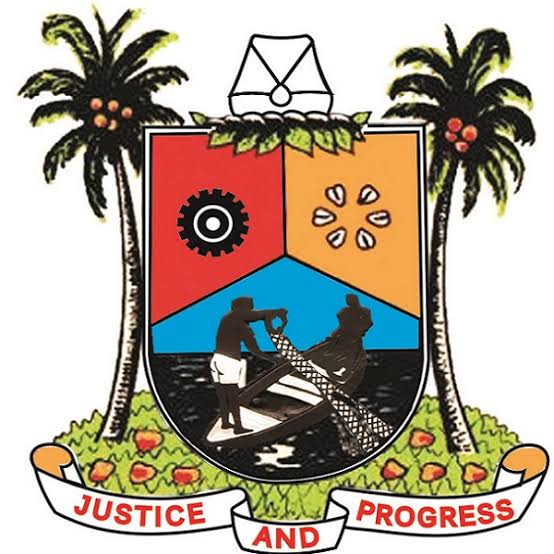The Lagos State Government said on Thursday that all private and public schools in the state remain closed.
The Commissioner for Education, Mrs. Folasade Adefisayo, ssid that this position is meant to protect students amid the COVID-19 outbreak.
She spoke in Lagos during a briefing to journalists.
Some schools, mostly private schools, are said to be preparing to commence third-term via online. In fact, many of these schools have maintained online teachings tk their students to keep them in good academic shape even the lockdown has been in place.
Adefisayo, while advising all shoold who plans to commence academic sessions for the third-term amid the coronavirus outbreak to abandon it, said the state would intensify efforts on the ongoing free teachings on various media, especially radio and television.
“The Ministry wishes to state categorically that all schools in Lagos State remain closed and have not yet been opened for the third term. The State continues to offer free teachings on various media, especially radio and television.
“Plans are also underway to ensure that our children in public schools are able to complete their term whenever the lockdown is lifted,. ”
She gave assurance that the State government will continue to improve its distance learning programmes, expressing satisfaction that students across private and public schools are taking advantage of thefree service.
“Plans are also underway to ensure that our children in public schools are able to complete their term whenever the lockdown is lifted”, she added.
While noting the government’s awareness of the challenges of staff wages and other issues confronting school owners during the lockdown, Adefisayo appealed to the proprietors to persevere and adopt the online teaching strategy to keep their students busy while staying at home to avoid contracting Coronavirus.
The Commissioner disclosed that some secondary schools in the State have commenced online teaching to engage their students charging discounted tuition fees, while some schools were charging full tuition rates.
“Parents are concerned about the cost of this programme, ranging from fees charged by schools to the cost of data and devices as well as the cost of fuelling generators to ensure steady electricity power supply. Parents also have to supervise online teachings to guard against the exposure of children to pornography, in addition to online harassment and bullying”, Adefisayo advised.
She called for continuous dialogue between school administrators and parents to seek ways to resolve issues related to the inability of parents to earn income during this period, the need for schools to pay their personnel who provide online teaching as well as the purchase of devices for teachers, including the provision of data to prepare for the daily teaching activities.
“In view of the aforementioned, we ask that schools consult extensively with parents and find a win-win solution that will be acceptable to all stakeholders”, the Commissioner added.














